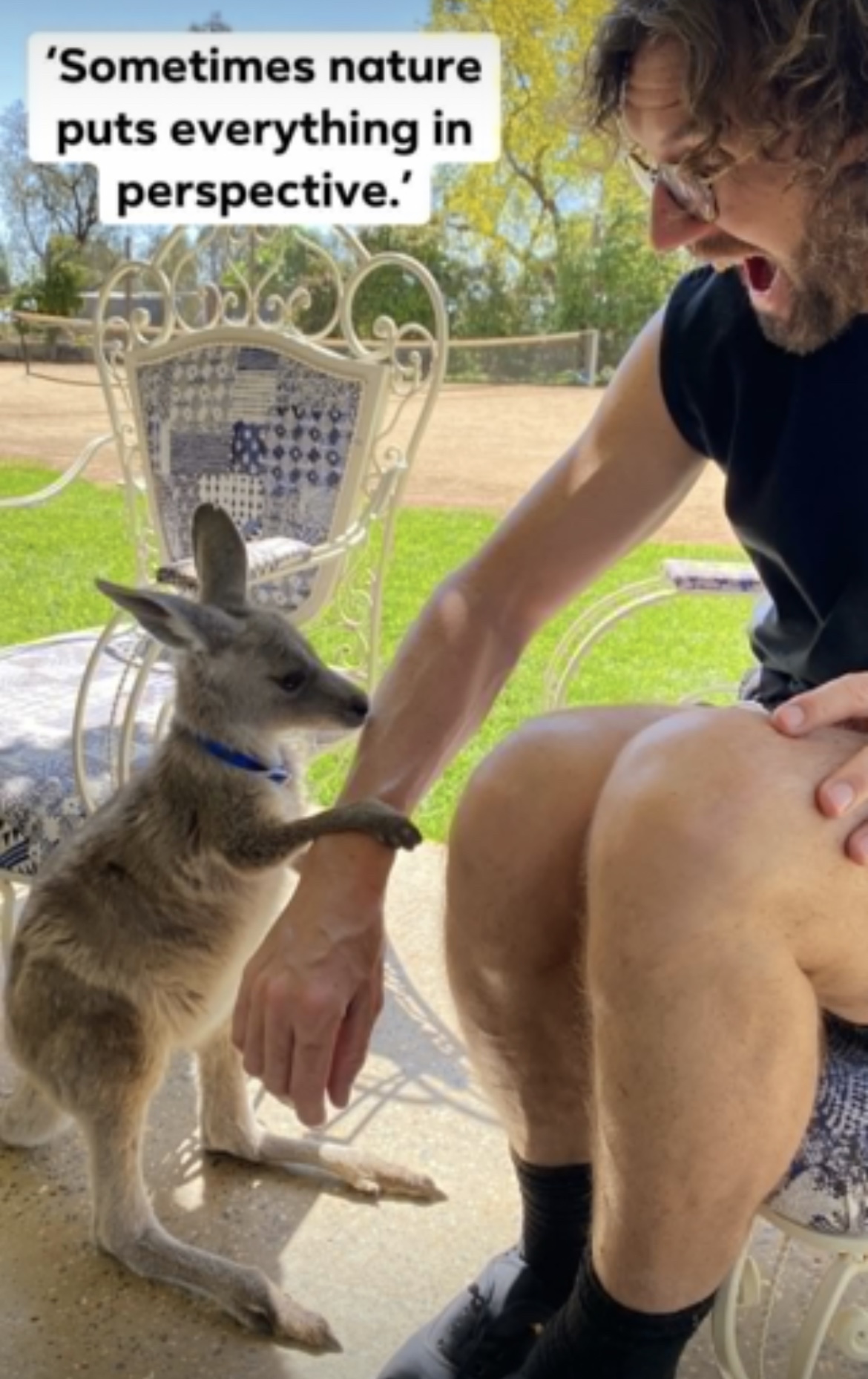As parents and teachers, we have a remarkable opportunity to introduce children to the wonders of nature and foster a deep appreciation for the world around them.
Nature provides a wealth of sensory experiences, fascinating discoveries, and valuable lessons that can enhance a child’s learning journey. This guide offers insights and suggestions for incorporating nature into educational experiences, encouraging children to develop a profound connection with the natural world.

- Encouraging Sensory Exploration: Create opportunities for children to engage their senses by touching plants, feeling different textures, and exploring natural materials. Let them run their fingers through soil, touch the roughness of tree bark, or feel the gentle petals of flowers. By embracing sensory exploration, children can connect with the natural world on a deeper level.
- Listening to Nature’s Symphony: Take children on outdoor excursions where they can immerse themselves in the sounds of nature. Encourage them to listen to the melodious songs of birds, the rustling of leaves in the wind, or the gentle flow of a nearby stream. By fostering active listening, children can develop an ear for the subtle nuances of the natural symphony.
- Exploring Biodiversity: Introduce children to the rich biodiversity found in local parks, nature reserves, or botanical gardens. Help them identify different plants, insects, and animals, and discuss their roles within the ecosystem. Encourage observation and inquiry to foster a sense of wonder and curiosity about the intricate web of life.
- Engaging with Natural Art: Encourage children to create art inspired by nature. Provide them with natural materials such as leaves, twigs, or rocks, and guide them in creating sculptures, collages, or paintings. This activity promotes creativity while fostering an appreciation for the beauty and forms found in the natural world.
- Nature Journaling: Foster a habit of nature journaling by providing children with notebooks and pencils during outdoor explorations. Encourage them to record their observations, sketch plants or animals they encounter, and reflect on their experiences. This practice develops keen observation skills and allows children to document their evolving relationship with nature.
- Outdoor Storytelling: Take storytelling sessions outdoors, using natural settings as the backdrop for imaginative tales. Encourage children to explore their surroundings, incorporating elements from nature into their stories. This activity nurtures creativity and helps children form a deeper connection with their environment.
- Planting and Gardening: Involve children in planting and caring for a small garden or potted plants. Let them experience the joy of nurturing seeds, observing plant growth, and harvesting produce. Gardening teaches patience, responsibility, and respect for the natural cycles of life.
- Nature Scavenger Hunts: Organize scavenger hunts that encourage children to explore and discover nature’s hidden treasures. Create lists of items for them to find, such as different types of leaves, animal tracks, or specific plant species. This activity fosters observation skills, critical thinking, and a sense of adventure.
- Nature-inspired Science Experiments: Integrate nature into science lessons by conducting experiments outdoors. For example, study the effect of sunlight on plant growth, explore the behavior of insects, or examine water ecosystems in nearby ponds. By combining hands-on exploration with scientific inquiry, children gain a deeper understanding of the natural world.
- Mindful Nature Walks: Practice mindful walking in nature, guiding children to be fully present and engaged with their surroundings. Encourage them to notice the colors, textures, smells, and sounds of nature, fostering a sense of calm and connection. This activity promotes mindfulness and cultivates a deep appreciation for the beauty and serenity of the natural environment.
By incorporating nature into learning experiences, parents and teachers can empower children to develop a profound connection with the world around them. Through sensory exploration, observation, creativity, and hands-on activities, children not only gain knowledge but also develop a sense of wonder, empathy, and stewardship for the natural world. Let us embrace the incredible learning opportunities nature provides, and guide children on a transformative journey of discovery and appreciation that will last a lifetime.








